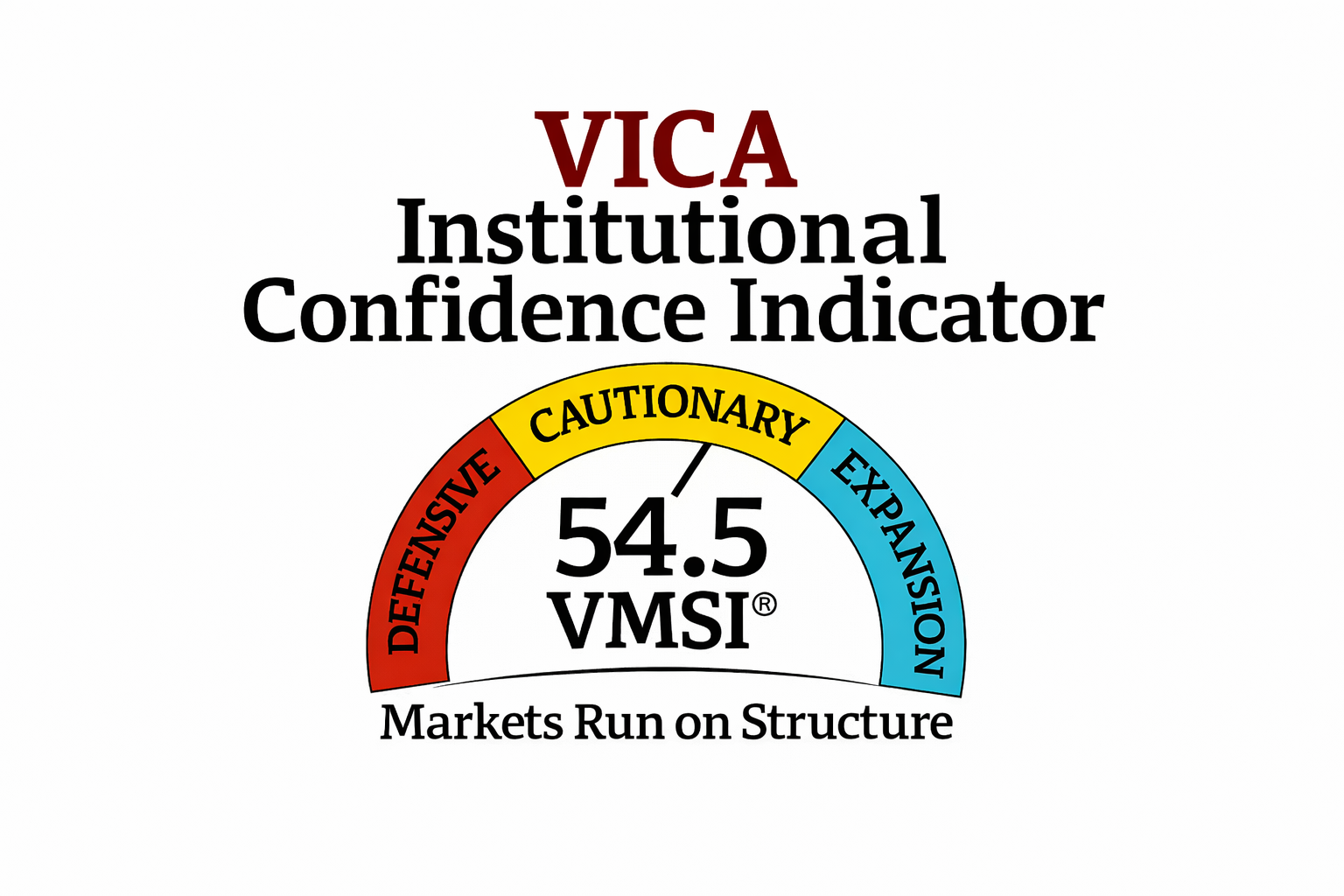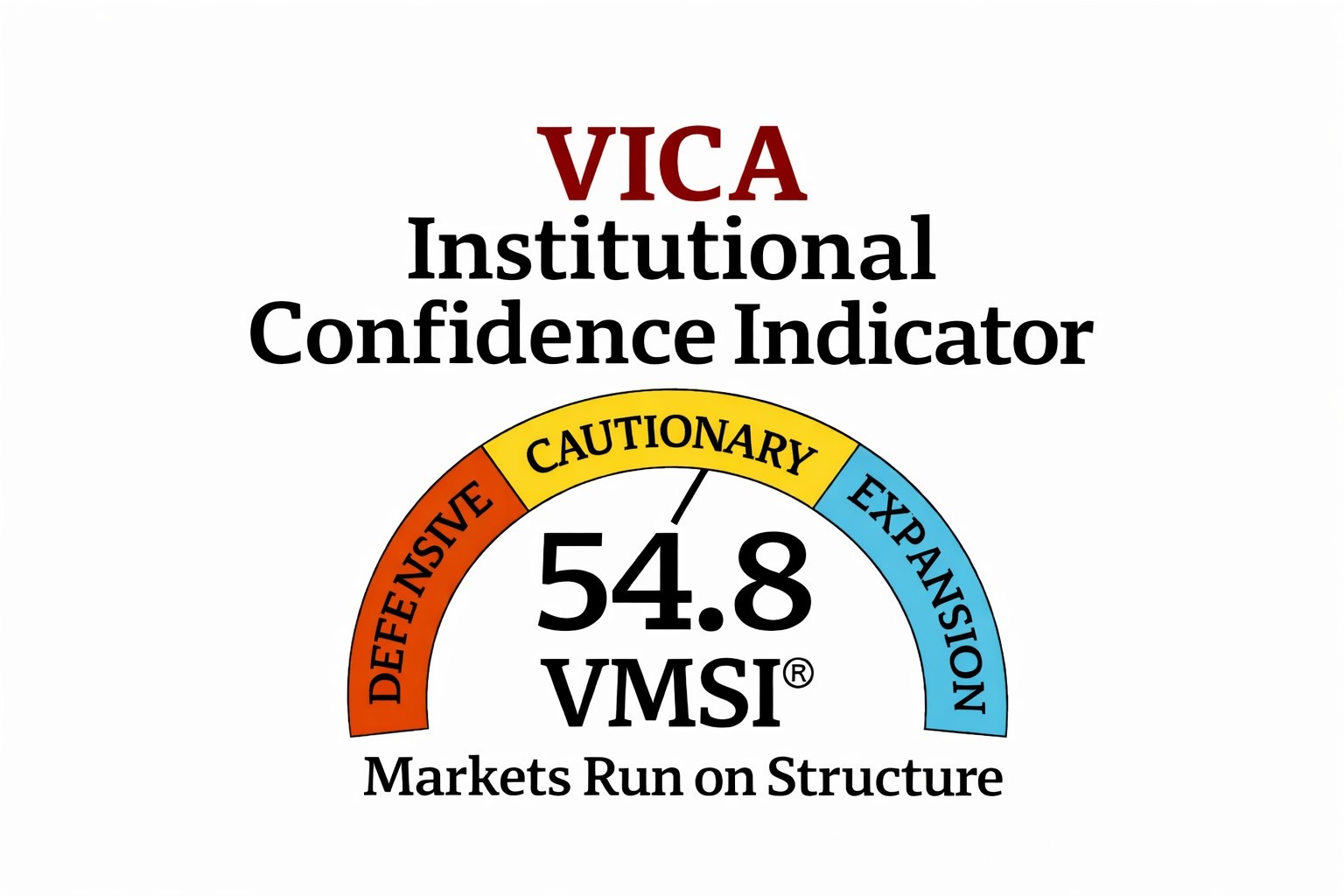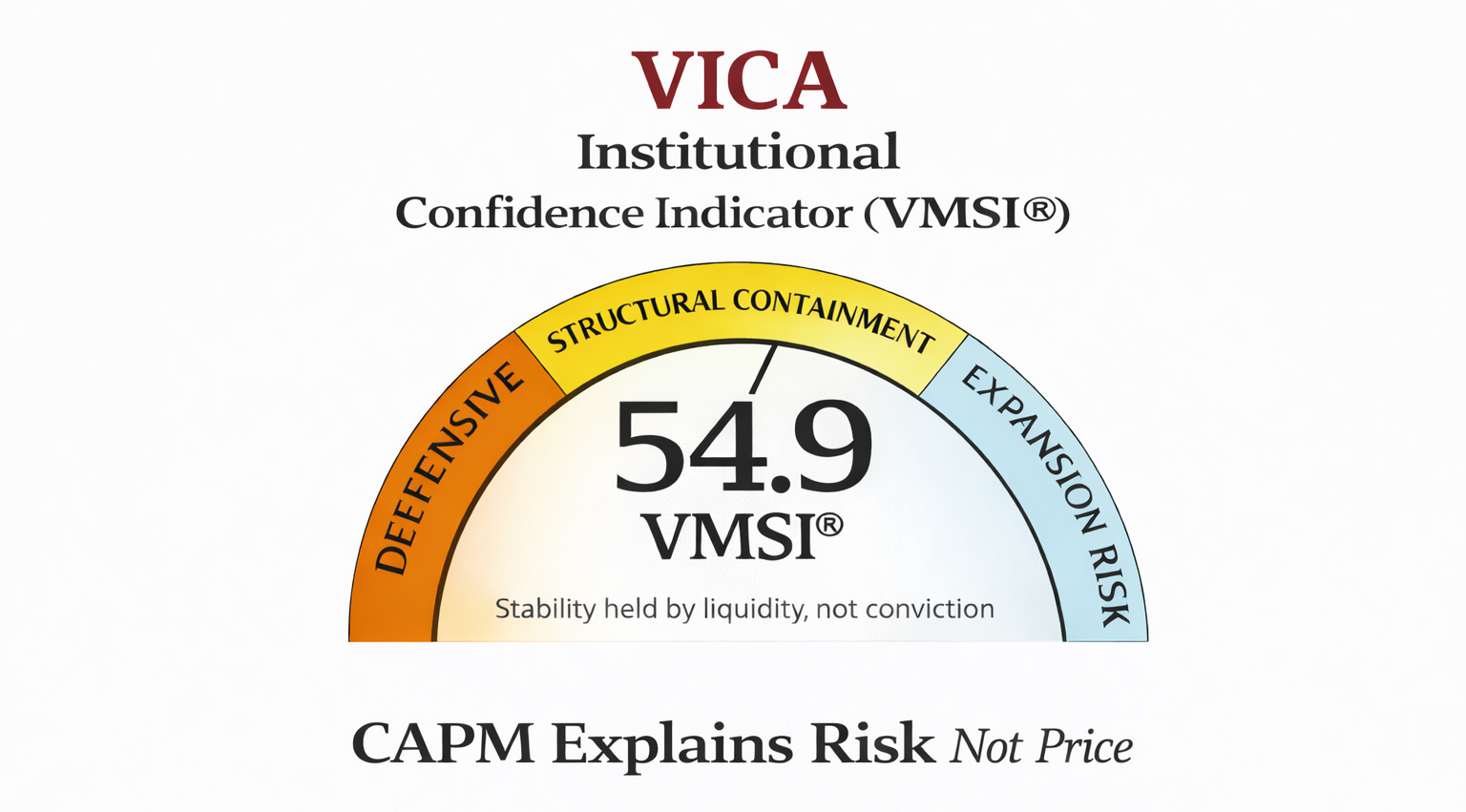Quants, or quantitative analysts, can provide valuable insights and teach everyday investors a variety of concepts and strategies. Here are some key lessons that quants can offer to everyday investors:
- Risk Management: Quants understand the importance of managing risk effectively. They can teach investors how to assess and control risks in their investment portfolios, such as using diversification techniques, understanding volatility measures, and implementing stop-loss orders.
- Data-Driven Decision Making: Quants emphasize the significance of data in investment decisions. They can teach investors how to analyze and interpret financial data, identify trends, and make informed choices based on statistical analysis rather than relying solely on intuition or emotions.
- Quantitative Modeling: Quants are skilled in building quantitative models that help predict market behavior and identify investment opportunities. They can teach investors about various modeling techniques, such as regression analysis, time series analysis, and machine learning algorithms, to assist in making more accurate investment decisions.
- Backtesting and Simulation: Quants often use historical data to test the effectiveness of investment strategies. They can teach investors how to conduct backtesting and simulations to evaluate the performance of different investment approaches before implementing them in real portfolios.
- Algorithmic Trading: Quants are experts in developing algorithmic trading strategies. While not all everyday investors engage in algorithmic trading, understanding the principles behind it can be beneficial. Quants can teach investors about automated trading systems, execution algorithms, and the impact of high-frequency trading on markets.
- Market Efficiency and Anomalies: Quants study market efficiency and identify market anomalies or mispriced securities. They can teach investors about efficient market hypothesis, behavioral finance, and how to recognize potential investment opportunities by exploiting market inefficiencies.
- Portfolio Optimization: Quants can help investors optimize their portfolios by considering factors like risk tolerance, return expectations, and correlations among assets. They can teach investors about modern portfolio theory, asset allocation strategies, and techniques such as mean-variance optimization.
- Risk-Adjusted Performance Measurement: Quants emphasize the importance of evaluating investment performance based on risk-adjusted measures rather than simply looking at returns. They can teach investors about metrics such as Sharpe ratio, Sortino ratio, and information ratio, which provide a more comprehensive assessment of investment performance.
- Technology and Tools: Quants utilize advanced technology, data analysis tools, and software platforms. They can introduce investors to useful tools and platforms that can enhance their investment research and decision-making process, such as data visualization tools, financial modeling software, and online trading platforms.
- Continuous Learning and Adaptation: Quants understand the importance of staying updated with the latest research, market trends, and technological advancements. They can encourage investors to adopt a mindset of continuous learning and adaptation, emphasizing the need to adapt investment strategies as market conditions change.




